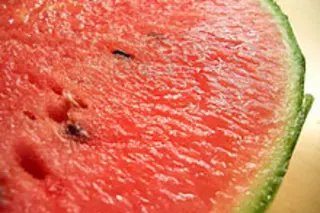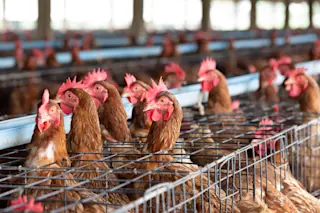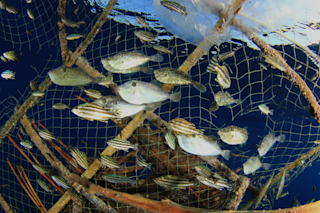Watermelons could do more than grace the tables at picnics across the land: They could also serve as a source of biofuel. Researchers fermented watermelon juice to produce ethanol, according to a study published in Biotechnology for Biofuels, and while the melons aren't likely to become a primary biofuel crop, the process could help out farmers. Nearly one-fifth of the watermelon crop grown in the United States is left in the fields after harvest because of defects on the melons' rinds.
"It's not that there's anything wrong with the melon on the inside, but our only method of judgment is the outside," said [lead author] Wayne Fish [Greenwire]. Although farmers often till the abandoned melons into the soil, the value of the nutrients provided by this practice is much less than the overall cost to farmers of losing so much of their crop.
To test whether watermelon is a viable ...














